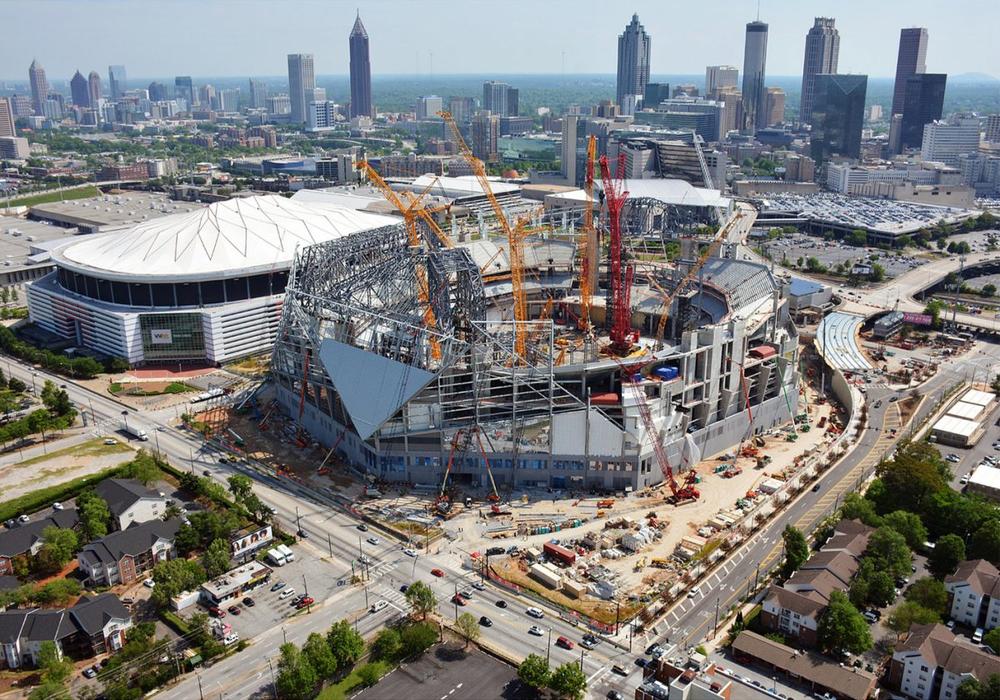Section Branding
Header Content
Atlanta To Host 2019 Super Bowl
Primary Content
The National Football League has picked Atlanta to host the 2019 Super Bowl, beating out Miami, New Orleans and Tampa, Florida.
The NFL owners announced their decision in Charlotte, North Carolina Tuesday after hearing a pitch from Atlanta’s bid committee highlighting the yet-to-be-completed Mercedes-Benz Stadium and the city’s track record hosting large events.
“It’s a wonderful day for our city and franchise and I know the people of Atlanta and all of Georgia will deliver a spectacular Super Bowl celebration in 2019,” said Falcons owner Arthur Blank in a statement.
In the meantime, the construction that started on Mercedes-Benz Stadium in 2014 continues. The $1.4 billion dollar facility is expected to open in 2017.
The announcement comes the same year Georgia lawmakers passed a bill waiving sales taxes on tickets to major sporting events, something the NFL asks of its Super Bowl bidders.
Some state lawmakers railed against the measure, arguing it would lose the state $10 million in sale tax revenue if the law passed.
Supporters, like Gov. Nathan Deal and Atlanta Mayor Kasim Reed, said hosting a Super Bowl would generate enough economic activity to offset any tax revenue losses.
The announcement also comes on the heels of a fight about so-called “religious liberty” legislation that could have kept Atlanta from the NFL’s Super Bowl short list. The bill would have allowed faith-based organizations to deny services to same-sex couple.
Here’s the statement on the proposed law that the league issued to the Atlanta Journal-Constitution:
“NFL policies emphasize tolerance and inclusiveness, and prohibit discrimination based on age, gender, race, religion, sexual orientation, or any other improper standard. Whether the laws and regulations of a state and local community are consistent with these policies would be one of many factors NFL owners may use to evaluate potential Super Bowl host sites.”
In the end, Gov. Deal vetoed the measure.
This won’t be the first Super Bowl for the city. Atlanta hosted the event in 1994, two years after completion of the Georgia Dome, and then again in 2000.
Politifact said the 2000 event, which was complicated by an ice storm, had a positive economic impact of about $150 million on the state.


